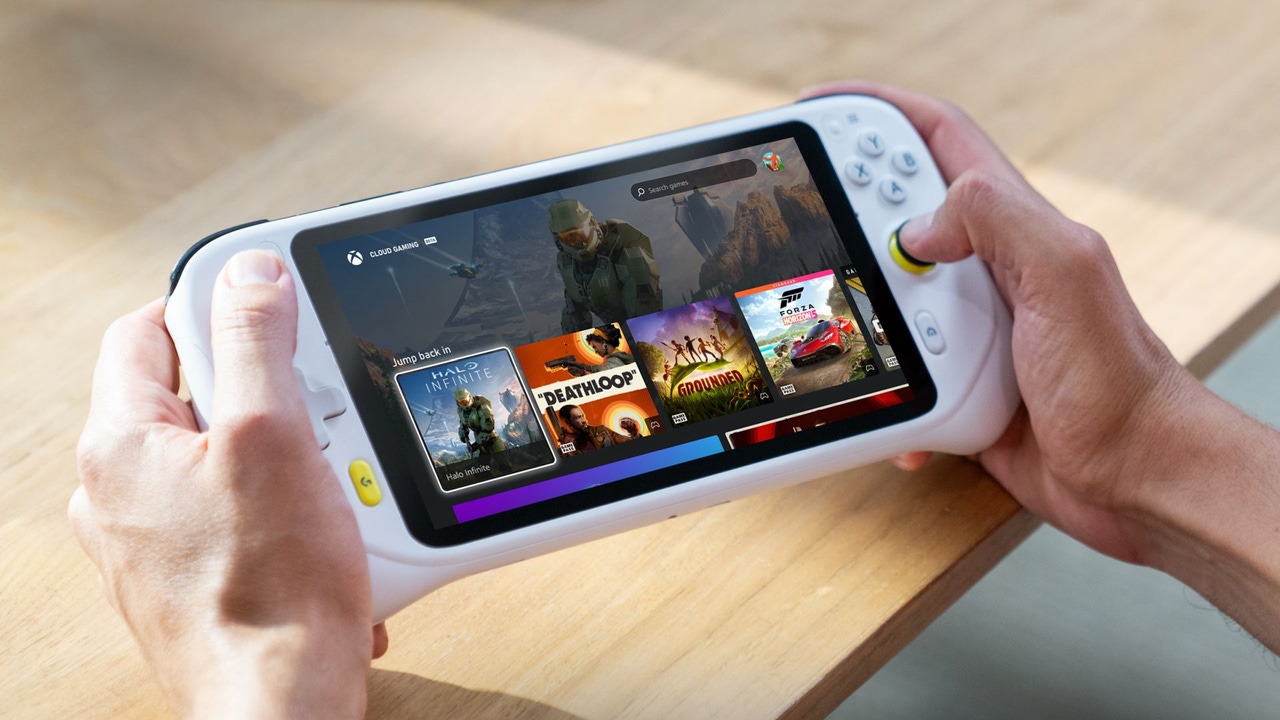Trending
Opinion: How will Project 2025 impact game developers?
The Heritage Foundation's manifesto for the possible next administration could do great harm to many, including large portions of the game development community.
Booty says that the cloud game market is cirrocumulus-sized.

It might surprise industry watchers that Xbox Cloud Gaming—the cloud streaming service included in Xbox Game Pass—is the center of regulatory scrutiny as Microsoft attempts to acquire Activision Blizzard. UK regulator Competition and Markets Authority (CMA) has stated that the deal could "alter the future of the fast-growing cloud gaming market."
Microsoft's done its best to allay that concern by signing deal after deal giving other cloud platforms access to Xbox Game Pass. Now Xbox Game Studios head Matt Booty is doing his best to downplay the size of the cloud game market and its impact on Xbox's business.
Calling it a "very, very small market" in an interview with The Hollywood Reporter, Booty went so far as to say he's "not even sure you would call it a market yet." He declined to give any specifics on the number of Cloud Gaming users, but said that it isn't at "the scale" of the 150 million players accessing Microsoft's first-party titles every month.
"For us, it’s something that we consider almost more experimental that we’re trying out to see how it works," he added. He noted that the Xbox team has worked to support touch-friendly controls for players accessing the platform on mobile devices, but that no studio to date has designed a mobile-first game meant to be played on the cloud service.
If the cloud streaming market is so small, why is Xbox even playing in it then? "It’s something that we feel we need to be up on being involved with the technology," Booty said. "We have some great partners that we’re giving our content to, but for me, it comes back to the content and focusing on things that have scale."
Because the UK CMA has chosen to fixate on the size of the cloud streaming market for video games, Microsoft has been on an all-out offense to signal that it is not being anticompetitive in its practices around Xbox Cloud Gaming.
The company has signed an absurd number of deals with other cloud platforms like Nware, Ubitus, and Nvidia GeForce Now. In comments to the press executives like Booty have continued to insist that Xbox Cloud Gaming and the broader impact of the Activision Blizzard acquisition would not have an anticompetitive impact on the market.
It's possible to take Booty in good faith while still raising an eyebrow at the insistence that Microsoft's interest in cloud streaming is to "be involved in the technology." After all Microsoft had previously been keen to boast that the aforementioned touch-friendly controls were helping get games in front of more players, and that the cloud streaming tech had powerful uses in game development—both for creating massive games like Microsoft Flight Simulator and for building speedier playtesting pipelines.
So is the cloud game streaming market "small?" Omdia analyst George Jijiashvili shared data in 2022 indicating that revenue from cloud game services is likely to climb over $10 billion by 2026, following a "tripling" in revenue from 2020 through 2021.
Later data showed that 73 percent of that spending was on first-party console services, and as of 2022, Xbox Cloud Gaming made up for 60 percent of that market.
Microsoft's strong position in this market does make it seem unlikely that its motivations are "just to be involved," but there is one still key caveat to this data: Microsoft is the only first-party console platform with a streaming service that bolsters first-party games on day one. Sony is still unwilling to add games like Horizon Forbidden West to PlayStation Plus' streaming library until months after release, and third-party games like Stray that are included in the service are also available on Steam.
That means Microsoft's position here is determined by the fact that it's the only major platform holder to aggressively push in this field. Nintendo and PlayStation are still prioritizing the high price point that comes with purchasing their first-party games, and Microsoft is willing to let players skip that spending if they spend $9.99 to $14.99 per month.
You May Also Like